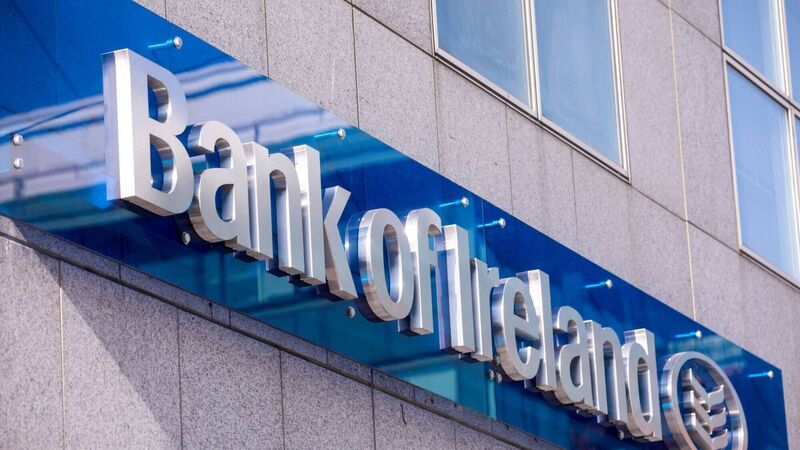Housing cost the biggest worry as Irish people fear they are not saving enough

Bank of Ireland data shows that 57% of households surveyed fear they are not saving enough. The cost of housing/rent is the chief financial worry of 23% of all those surveyed, and 39% of people aged 16 to 29.
Concerns over inflation and the cost of living are increasing among households as 57% fear they are not saving enough, the latest Savings and Investment Index from Bank of Ireland shows.
According to the latest Savings and Investment Index from Bank of Ireland, the cost of housing and rent along with inflation remains the biggest concerns for households.














